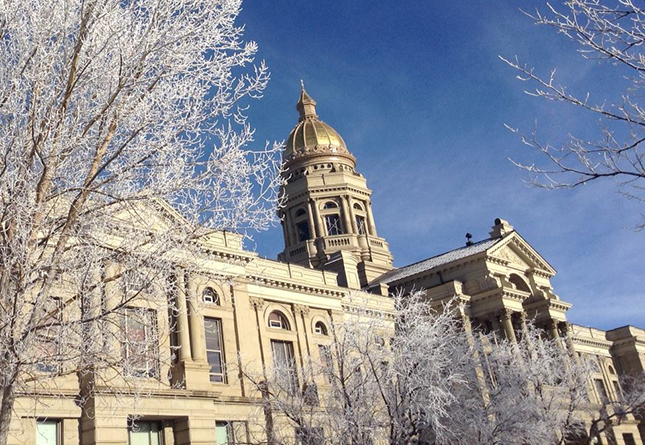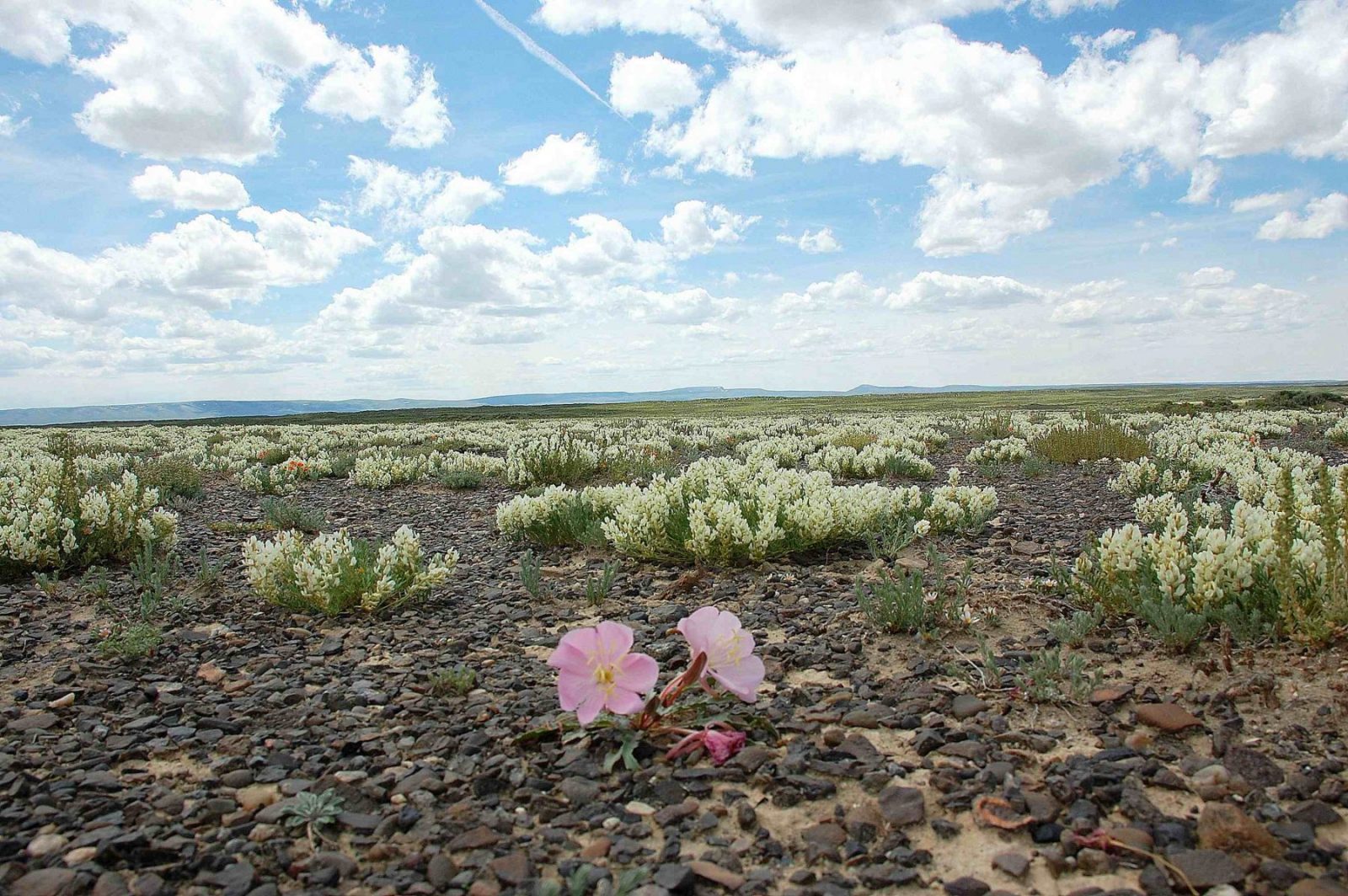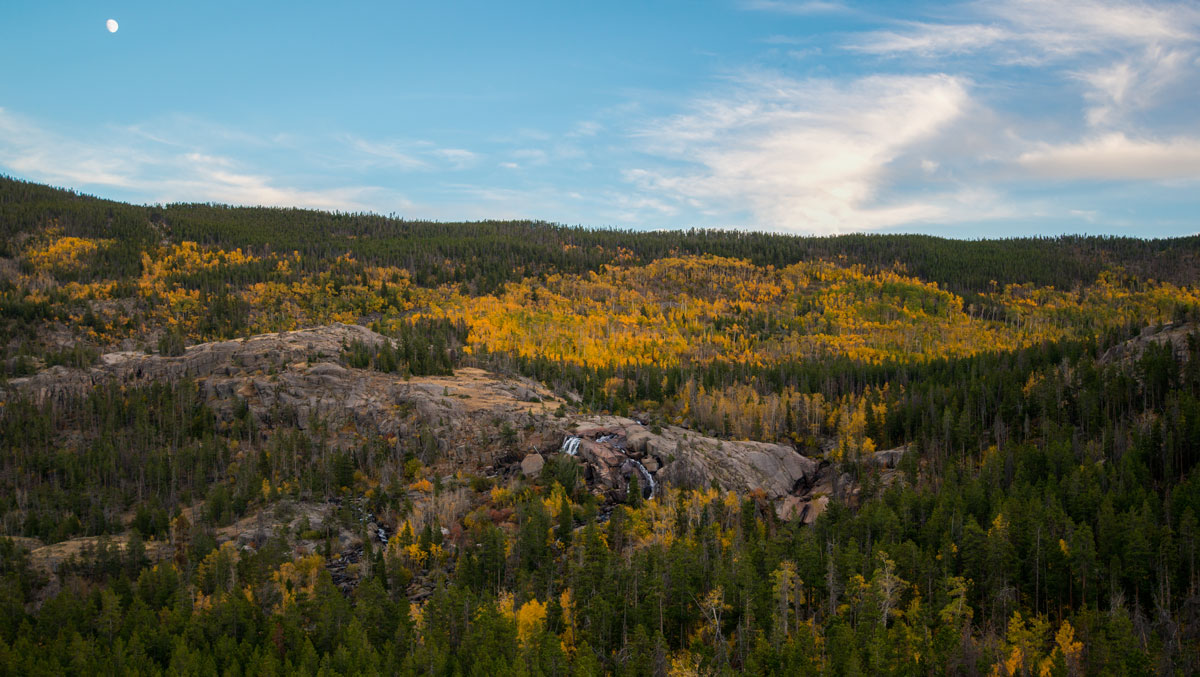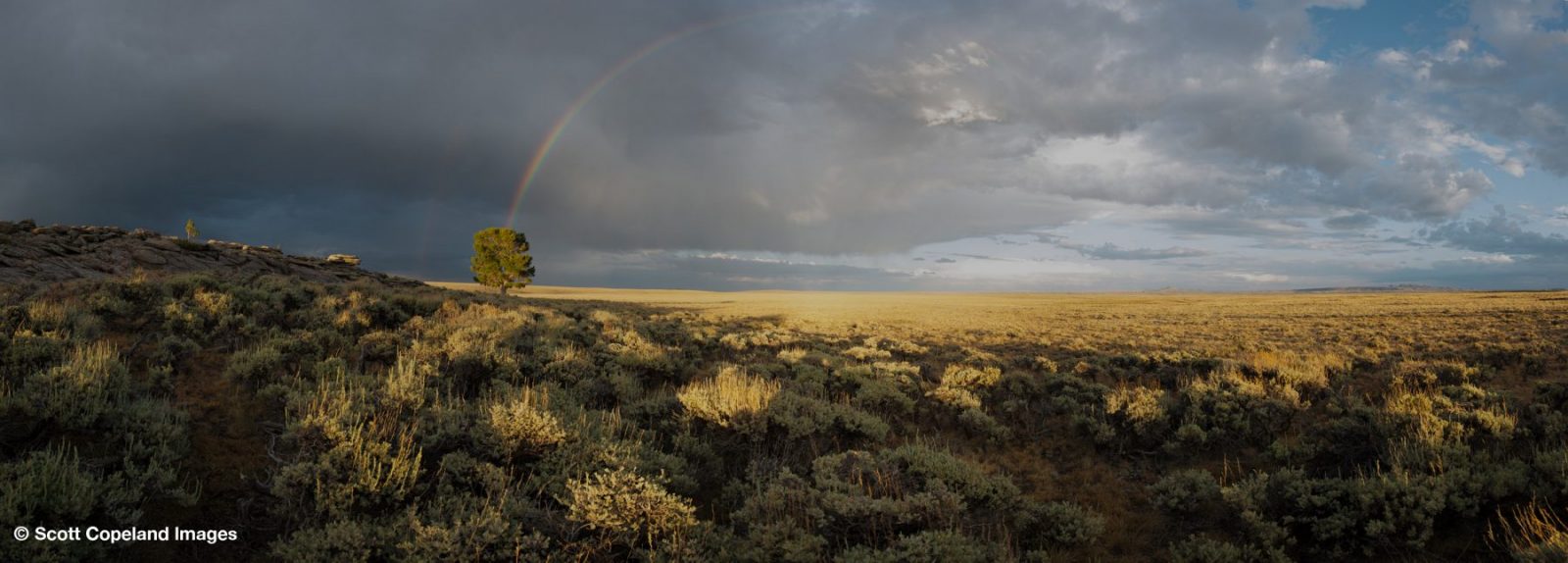It has been a rollercoaster week in Cheyenne! First of all, thank you for contacting your legislators about SF71 – electricity production standards. This unworkable bill—an attack on renewable energy—died in committee on Tuesday; no one testified in support of it except the sponsors, and committee members noted the hundreds of emails they had received about it.
In other good news, we worked with other stakeholders and the Game and Fish Department to rework SF 25, a bill to ensure the limited confidentiality of wildlife data. We now support this bill and it has moved successfully through the Senate. Last week we also helped to stop HB 115, a dangerous bill that would have chilled enforcement actions by state agencies, including the Department of Environmental Quality.
This week is the final week for bills to advance or die for this session, and we have a slew of new bills we’re tracking. Bills we support include the following:
- HB 264 – instream flow rights acquisition would provide greater flexibility for landowners to keep waters in our streams for fisheries through a temporary change of use.
- HB 257 – community and school access to public lands would require the state to evaluate land exchanges for potential impacts to access to surrounding lands.
- HB 288 – Game and fish fees raises license fees to allow the Department to fully fund their operations to offset expected general fund budget cuts.
We oppose the following bills:
- HB 261 – diversion dam operation and turbidity allows for blanket approval for release of waters from diversion dams, which could harm downstream users and fisheries through overload of sediments.
- HB 272 – mountain biking decals would require a $15 fee for mountain bikes used on public lands. We are urging lawmakers to table the bill for now and evaluate user fees comprehensively during the interim. We anticipate that the Governor’s outdoor recreation task force will consider an approach to user fees that evaluates access, expanded opportunities, and maintenance.
We’re also monitoring several other bills on wildlife, state lands, and wind energy. Some of these bills may die because of deadlines (bills must pass out of committee by Thursday) and others will continue forward. We’ll keep you updated on those that move on during the session.
Unfortunately, another federal land transfer bill has been filed. It has not been introduced nor assigned to a committee. HB 293 – public lands management extension amends an archaic law to require the state to develop a plan “for the transfer and management” of federal public lands to state control. It is a back door approach to setting the stage for wholesale transfer, with no limits to sale of public lands. We strongly oppose this bill, but we do not think it can move forward this session. We will certainly send out a quick alert if there’s any indication it will move!
Thank you—our success is built upon your interest and civic engagement! Be in touch if you’d like more details about any of the bills mentioned above.
Best regards,
Stephanie Kessler, director of external relations









